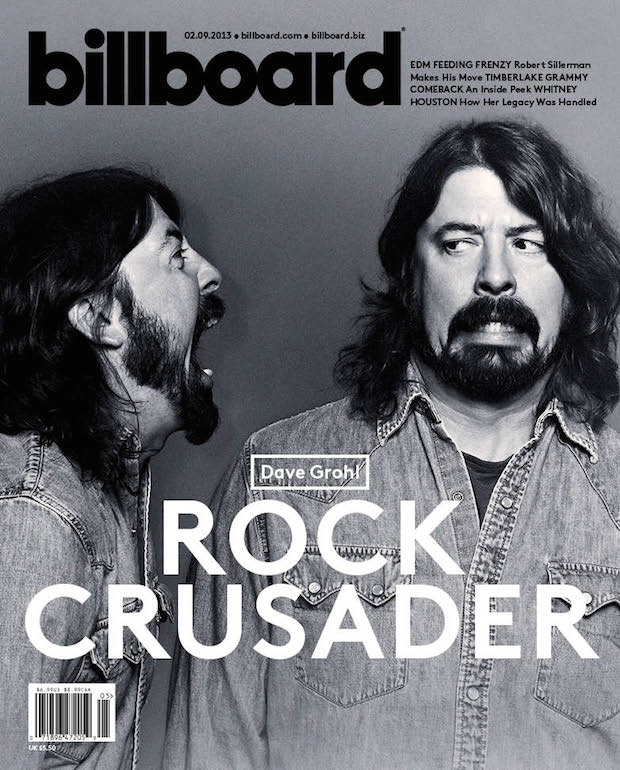
[This post was written by Lauren Gill of Power Publicity. It originally appeared on the Sonicbids Blog.]
Billboard. Rolling Stone. Spin magazine. Musicians dream of getting massive amounts of publicity and everyone knowing their names, but getting press as an emerging artist can be tough. Journalists and bloggers are inundated with pitches from artists seeking to be featured in their publications. There’s an art and a science to securing press that many emerging artists may not understand. You probably have contacted the media in the past and wondered why nothing ever happened. Are you making one of these eight PR mistakes?
1. You don’t have a story
Being an emerging artist with a hot new single is not a story. There are thousands of artists releasing new music every day. Journalists want to tell an interesting story that their audience would want to read. Tell the story behind your music. Maybe you have a special creative process or a connection to a mainstream artist. Think of unique angles to tell your story, and include it in your pitch.
2. Your pitch was bad
It’s not enough to have a story. You must have a good story. Your story must be newsworthy and relevant to an outlet’s audience. A good pitch is also not self-centered. The media is not there to promote your music; their obligation is to their audience. Before you send your pitch to the media, ask yourself, “Who cares?” If you cannot answer this question, go back to the drawing board and craft a better pitch.
3. There’s no buzz
This is a catch-22. Publicity does help you generate buzz, but you need a following before journalists will take notice. A journalist will look at your social media pages and website to see if you have an engaged fanbase. Focus on consistently engaging your fans online and offline before you contact the media.
4. Your music doesn’t appeal to the publication’s audience
While a person’s taste in music is subjective, your music must catch a journalist’s attention. It has to be edgy, catchy, or unique. A journalist will not write about you if he or she doesn’t think the publication’s audience would like your music. Test your music on your target audience and industry professionals to find one good single you can promote that will grab the media’s attention.
5. You’re using old material
Your music from your last EP or mixtape is old news. Journalists want to report on new music. Record fresh material, build a good story around it, and pitch that.
6. You need new press photos
Do selfies taken with your smartphone really show who you are as artist? Your image matters. Get quality high-res photos to build your image and submit to the press.
7. You don’t have any upcoming shows
This relates to number three. Journalists want to see that you have something going on. Performing regular, quality gigs shows that you have a fanbase and possibly a buzz. Put a short promo tour together and contact the media about coming to your shows.
8. You haven’t developed any relationships
While you may not be able to afford a publicist who has great relationships with editors, you can build relationships on your own. Read and study their material to see what kind of music stories they like to tell. Follow them on social media and interact with them. If you take the time to build relationships, editors will be more likely to feature you.
Author bio: Lauren Gill is the founder and chief power specialist at Power Publicity, a marketing, branding, and public relations firm that empowers entertainment, nonprofit, and lifestyle brands. She has executed several successful marketing and PR campaigns for major and indie recording artists. You can follow her on Twitter @IamLaurenGill and @_powerpublicity.
[Image via robertnewman.com]